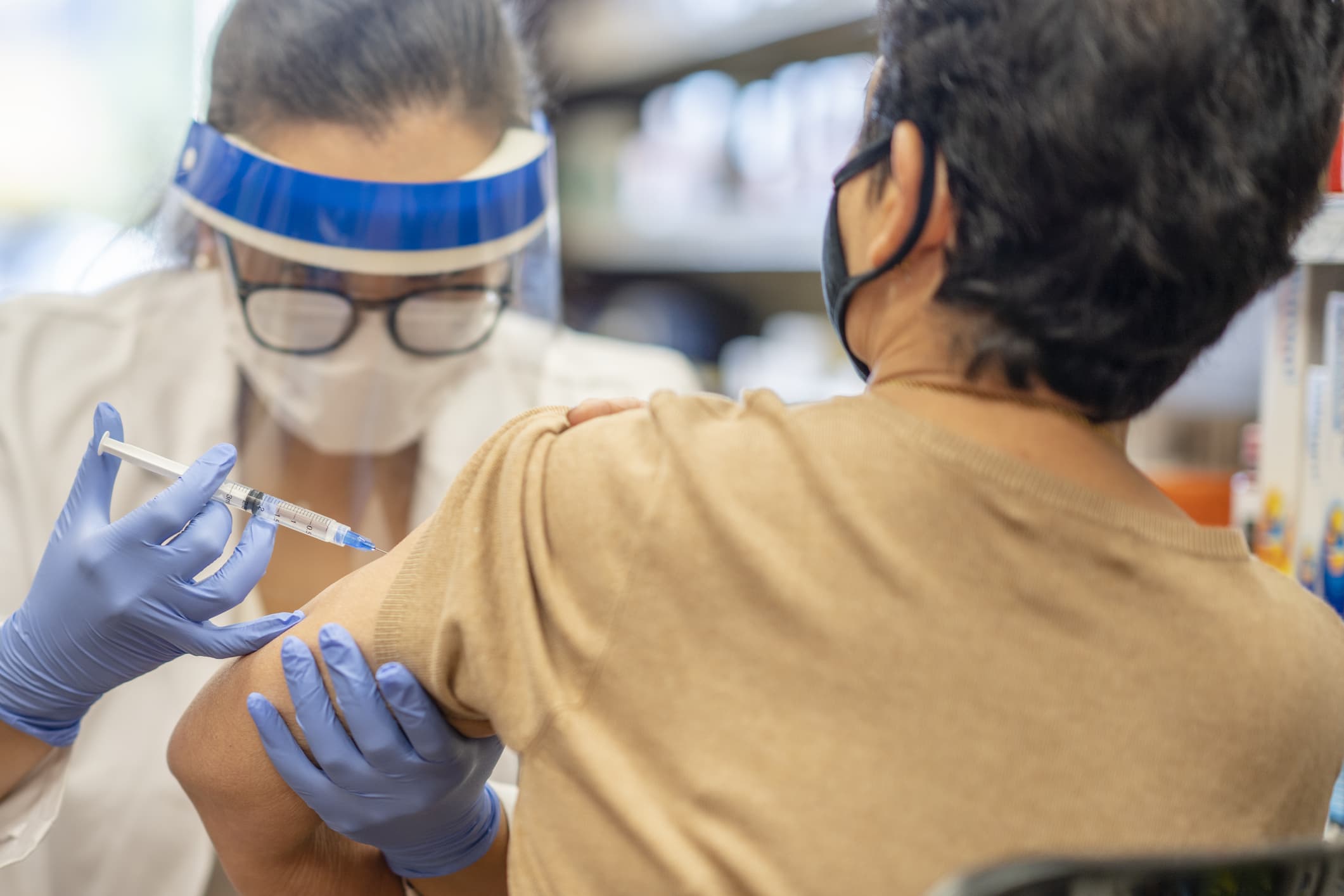When will you be able to get vaccinated at work? Experts weigh in

Getting America’s workforce vaccinated will go a long way toward helping the country reach herd immunity.
Instacart, Target, Trader Joe’s, McDonald’s and Dollar General are among a growing list of companies giving workers time off and extra money to get vaccinated for Covid-19.
Others, including Amazon, Uber and DoorDash, are going a step further by lobbying state officials to secure vaccines for their workers. Companies in the retail, airline, restaurant and meatpacking industries have also lobbied for priority access.
The Occupational Safety and Health Administration recently issued guidance that paves the way for how companies will be able to make a Covid vaccine available at no cost to all eligible employees.
More from Personal Finance:
Nearly half of U.S. workers suffer from mental health issues
The $15 federal minimum wage is back in the Covid aid package
$1,400 stimulus checks: Who could qualify
And yet, for now, “getting the vaccine is a distribution issue,” said John Ho, a labor and employment attorney with Cozen O’Connor in New York and chair of the firm’s OSHA Practice Group.
“If you can get the private sector to help you, great,” he added. “Once it’s widely available, that’s a win-win.”
Laura Boudreau, an assistant professor of economics at Columbia Business School, said, “We are still in a stage of distribution where it may be difficult to do that, but I do think we will see some large companies go down that path.”
In a new survey of employers, nearly 80% said they would investigate ways to provide vaccines to employees, and 28% said they would consider purchasing vaccines privately, according to consulting firm Willis Towers Watson.
“Employers almost universally are looking to make it easier to get vaccinated,” said Jeff Levin-Scherz, population health leader at Willis Towers Watson.
Those employers, especially ones with large, public-facing or high-risk workforces, will be in the best position to offer on-site vaccinations, Willis Towers Watson also found.
Still, it could be a while before supply catches up with demand, which leaves many companies forced to wait it out for weeks, if not months.
“As long as vaccine remains in short supply most employers are not going to be trying to cut the line,” Levin-Scherz said.
Ultimately, it is up to states to decide how vaccines get distributed.




